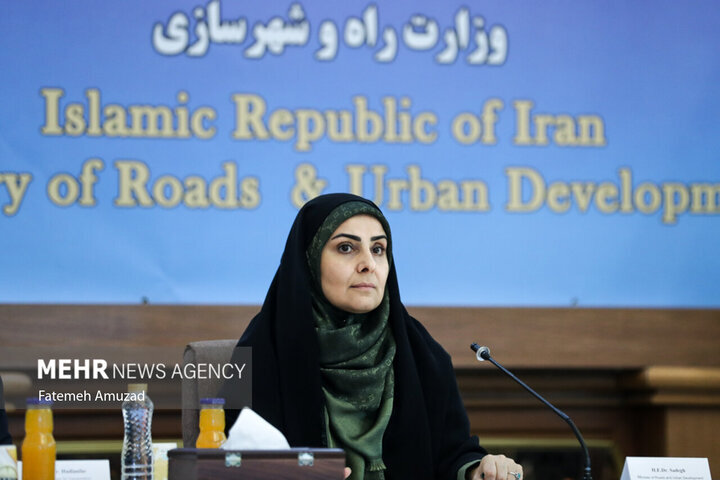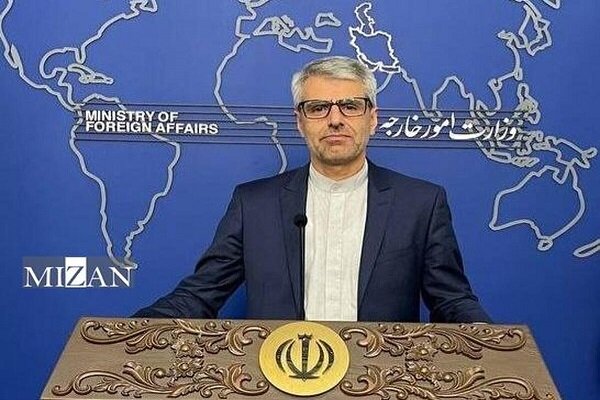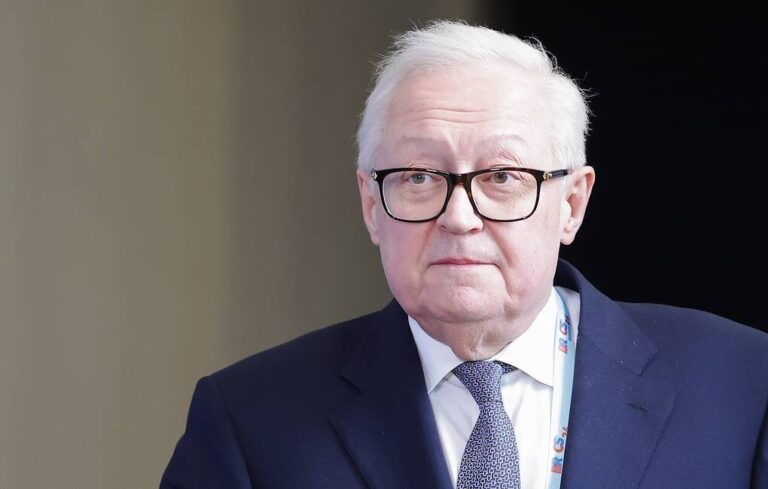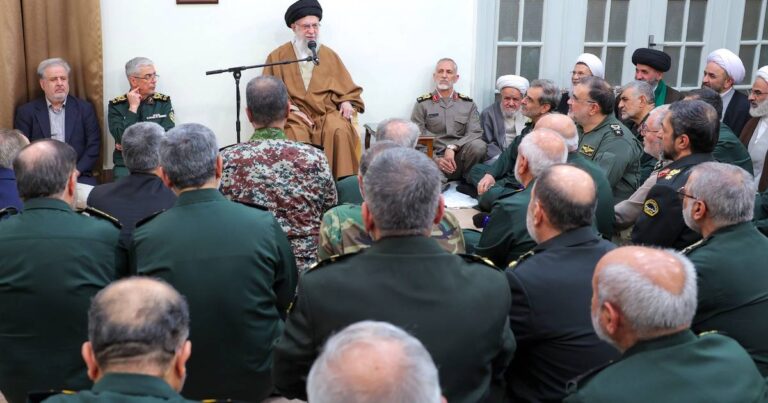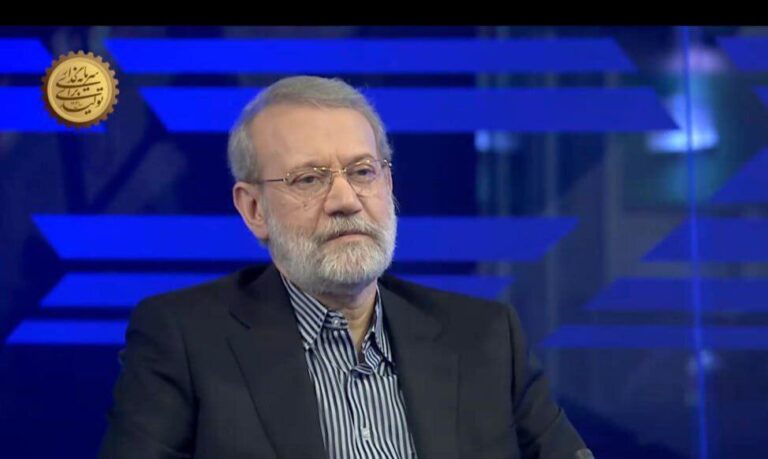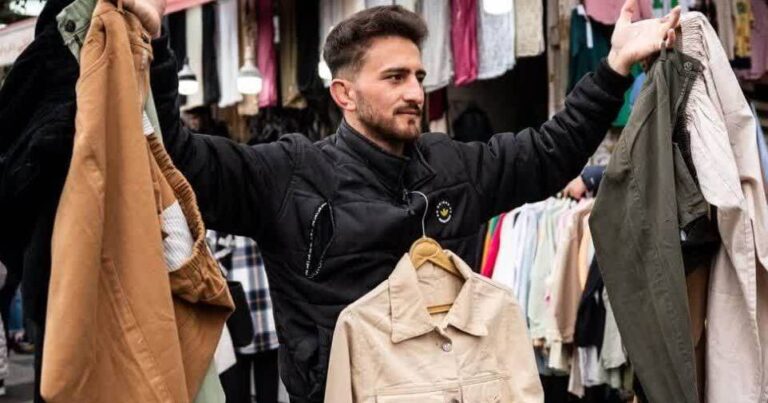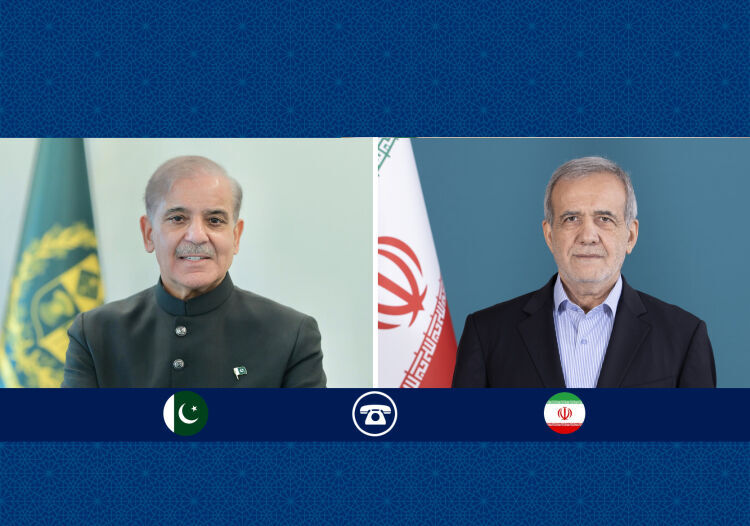Kazakhstan Seeks to Boost Transit Trade Through Iran to Iraq: A New Corridor for Cargo!
In a significant development for regional trade, Farzaneh Sadegh, Iran’s Minister of Roads and Urban Development, emphasized the importance of enhancing transportation connections between Iran and Iraq. During a recent meeting between trade-transport delegations from both nations, she called for a trilateral collaboration involving Kazakhstan to streamline transit routes among these countries.
Sadegh’s remarks were made in the presence of Iraq’s Minister of Transport, highlighting the growing synergy between the two nations. She stressed the urgency of transforming transportation interactions, especially in light of the upcoming Arbaeen rituals, which attract millions of pilgrims annually. The minister articulated her vision for improved transportation cooperation across various sectors, signaling a positive trajectory for bilateral relations.
The need for robust transportation infrastructure is critical for fostering comprehensive economic ties and trade exchanges between Iran and Iraq. Here are some key insights from her speech:
- Enhancing Infrastructure: Sadegh pointed out that improving transportation infrastructure is vital for both nations.
- Access to New Markets: She noted that by developing Iran’s transportation network, Iraq could access the Caucasus, Central Asia, and Russia through both rail and road connections.
- Trade Transformation: This development will significantly transform Iraq’s trade dynamics with these regions.
- Connections to Gulf States: Iran could also leverage its infrastructure to establish land, rail, and road links to the Persian Gulf littoral states via Iraq.
Sadegh also mentioned the positive disposition of Kazakhstan towards utilizing Iranian routes for transporting transit cargo to Iraq. This opens up new avenues for collaboration and trade, further emphasizing the need for a structured trilateral meeting to facilitate transit operations among Iran, Iraq, and Kazakhstan.
As the discussions unfolded, several critical points were raised regarding the benefits of such collaborations:
- Economic Growth: Enhanced trade routes can lead to significant economic growth for all three countries involved.
- Increased Tourism: Improved transportation will facilitate the movement of pilgrims, boosting tourism and related industries.
- Streamlined Logistics: A trilateral agreement would streamline logistics and reduce transit times for goods.
With the upcoming Arbaeen pilgrimage, which sees millions making their way to Iraq, the urgency of these discussions cannot be overstated. Sadegh reiterated that establishing effective transportation channels is a priority for ensuring smooth travel for pilgrims and enhancing the overall bilateral relationship.
In conclusion, the meeting between the Iranian and Iraqi delegations signifies a pivotal moment in regional cooperation. By focusing on transportation infrastructure and forging strong ties with Kazakhstan, Iran and Iraq can unlock new economic opportunities, streamline trade, and enhance cultural exchanges. The upcoming trilateral meeting will be instrumental in laying the groundwork for these developments and ensuring that the nations involved can capitalize on their geographical advantages.
Moving forward, the collaboration between Iran, Iraq, and Kazakhstan could set a precedent for further regional partnerships aimed at improving connectivity and trade. This initiative not only promises to boost the economies of the involved countries but also fosters greater unity and cooperation in the region.
As these discussions progress, stakeholders in all three nations will be watching closely, eager to see how these initiatives unfold and the benefits they will bring to their respective economies.
For more updates on international trade and transportation developments, stay tuned to our latest articles.
